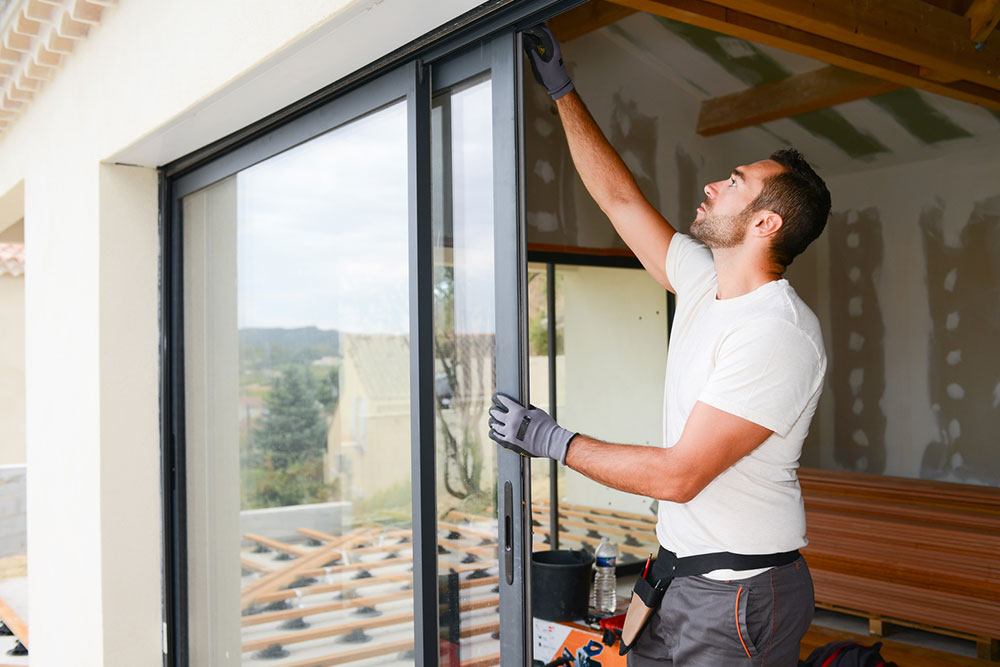5 common window installation mistakes to avoid

Installing new windows in a home is an excellent way to give it a new look. Home improvement projects like this are a lot of fun to manage, especially if they are DIY projects. However, if one does not have enough experience with such projects, one may end up making some common mistakes that can cost one dearly. This article lists a few such mistakes one can avoid when installing windows at home.
Incorrect measurements
It is extremely important to get the measurements of the window right. The window can be built to any size, so one must always be careful when taking measurements. If the window is of the standard size, it may be easy to work with as these are readily available. However, if it is a custom size, one must carefully tailor the requirements accordingly.
Wrong-size jambs
Jambs are critical in supporting and securing the window during the installation process. When measuring the window, it is also important to measure the width of the jambs. This ensures a snug fit of the window, which is important for its proper functioning.
Improper weather-resistant barrier
When the weather-resistant barrier is not installed properly during construction, it can lead to various issues in the future. These include a loss of energy, lack of tight seal, the inability to keep the air from entering or leaving, and possible moisture infiltration. These issues can affect the comfort of the home and lead to increased utility bills and energy consumption.
Not checking the window placement
It is important to ensure that the window placement is checked properly during construction or work. It is crucial that the window remains centered and leveled throughout the process and is not sealed without checking. Failure to do so can lead to unwanted gaps around the window and compromised insulation, and it can also make it difficult to manage the functionality of the window.
Not following the manufacturer’s instructions
One should follow the manufacturer’s instructions when carrying out any work. These instructions are designed to ensure the job is done well and avoid any issues during installation. Therefore, always refer to the manufacturer’s guide for specific instructions that are vital during the installation process.








